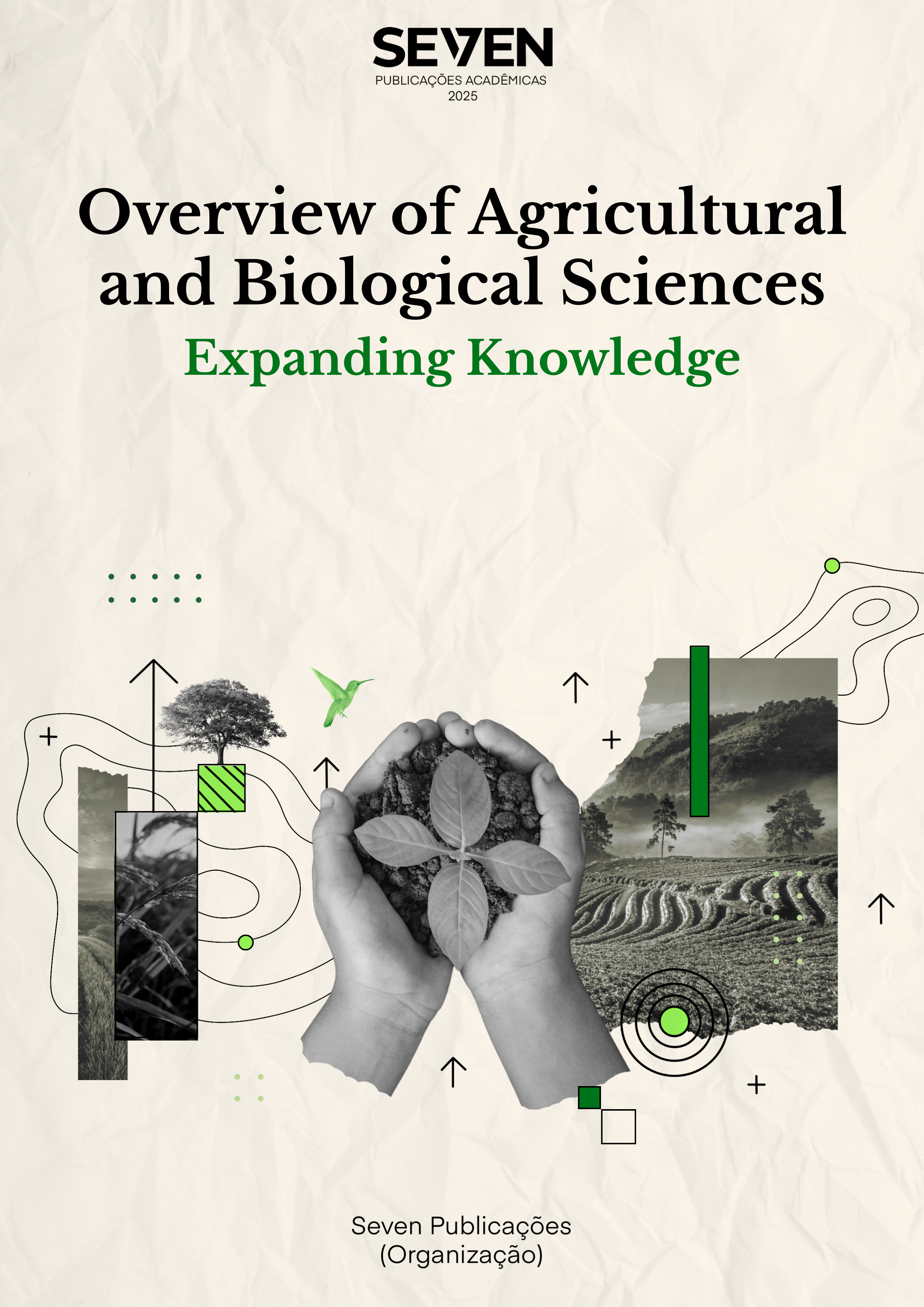IMPORTANCE OF THE FRESHWATER PROGRAM AS A SUSTAINABLE DESALINATION SYSTEM FOR PRODUCTION OF DRINKING WATER IN THE SEMI-ARID REGION OF PERNAMBUCO
Keywords:
Drinking Water, Crystalline Basement, Desalination. Brazilian Semi-Arid, Public Management, Social Participation, Sustainability, Água Doce ProgramAbstract
This article examines desalination systems in the Brazilian semi-arid region, focusing on the key pillars of management, sustainability, and social participation. The research highlights the challenges faced by rural communities with limited access to drinking water, emphasizing the environmental impacts caused by poor management of saline waste and presenting desalination as a viable and strategic alternative. Based on theoretical, regulatory, and official sources, the study proposes the requalification of these systems through democratic and environmentally responsible public policies aligned with the guidelines of the Água Doce Program (PAD) and state policies. Recommendations are provided for technical, social, and environmental improvements aimed at promoting a more efficient and inclusive management of water resources in the region.
DOI: https://doi.org/10.56238/sevened2025.034-004
Downloads
Published
Issue
Section
License
Copyright (c) 2025 Roberval Véras de Oliveira

This work is licensed under a Creative Commons Attribution-NonCommercial 4.0 International License.





